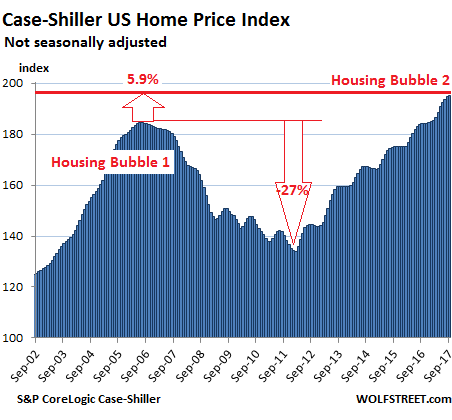In Nevada, property taxes are levied by local governments, such as counties and cities, as well as by special districts, such as school districts. The property tax rate in Nevada is set by these entities and is typically expressed as a percentage of the assessed value of a property. In Nevada, the property tax rate is generally lower than in many other states, which helps to keep property tax bills low for homeowners.
One of the main reasons for the low property tax rate in Nevada is the state's constitution and laws that limit the amount of property tax revenue that local governments can collect. Nevada's constitution, for example, caps the property tax rate at 1.25% of assessed value for most property, and limits the growth of property tax revenues to 3% per year, unless voter approved. This cap on the property tax rate helps to keep property tax bills low, even as property values increase.
Another reason for the low property taxes in Nevada is the state's tax structure. Nevada has no state income tax, which means that the state relies more heavily on other forms of revenue, such as sales taxes, to fund its operations. This can make it easier for local governments to keep property tax rates low, since they are not competing with the state for revenue. Additionally, Nevada has a relatively low overall tax burden compared to other states, which also helps to keep property taxes low.
Finally, Nevada's economy is driven by tourism and service industries, as well as by the construction and development of new housing and commercial properties, which may also contribute to the lower property taxes. The state government and local entities may use this revenue to attract and retain businesses and residents.
In summary, property taxes are generally low in Nevada due to a combination of constitutional and statutory caps on property tax rates, the state's tax structure, low overall tax burden, and the economy driven by tourism and real estate development.







